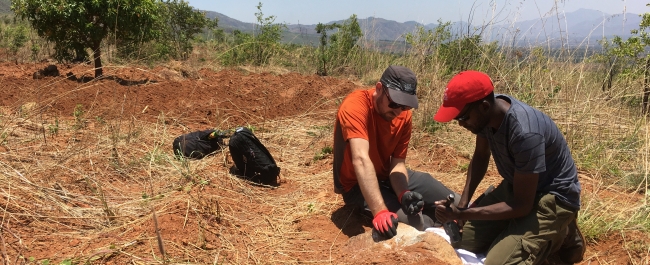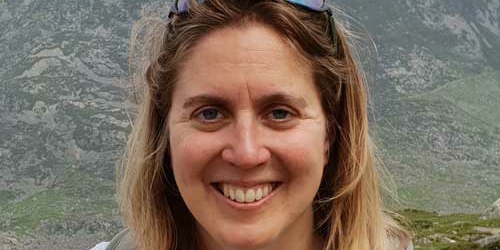Helping East Africa get earthquake-ready

It’s taking tens of millions of years, but the African continent is splitting apart. As populations grow, the threat of major earthquakes rises too.
The challenge
It’s called the East African Rift – a slowly-expanding valley that, in the far-off future, will eventually separate Africa from its Horn. In 2009, its movement generated a series of moderate shocks in rural Malawi, but the damage caused was out of proportion to the size of the earthquakes.
Construction in Malawi is very basic and vulnerable to even moderate hazards. If the 2009 earthquakes were repeated in a town or village, then entire neighbourhoods could collapse.
Exposure to this threat is growing too: the Malawian population is rising rapidly as urbanisation accelerates. Although awareness of the risks has increased since 2009, the resources to act don’t exist.
What we're doing
We’re working to create the area’s first localised data that accurately assess seismic risk. We’re on the ground in Malawi, physically mapping fault lines, and we’re using state-of-the-art satellite and GPS techniques to track gradual surface movements over time.
After our study, we’ll have enough data to create important risk assessment tools, like detailed seismic hazard maps. From this output, governments and local agencies can focus their planning on the most at-risk communities, especially areas where the built environment increases vulnerability.
Alongside our project partners, we’re also establishing how buildings constructed with local materials and techniques will – or won’t – stand up to the specific forces exerted by earthquakes.
How it helps
As well as pinpointing the locations of potentially damaging hazards near the East African Rift, our research will recommend cost-effective modifications for local communities to strengthen existing buildings, thereby reducing people’s exposure to risk. We’ll also co-produce guidelines with our partners that will improve future construction, responses to emergencies and the long-term preparedness of policymakers.
We know this collaboration provides expertise that would be too expensive and time-consuming for low-to-middle income countries to finance alone. With this in mind, we’re sharing our findings and making our assessment tools open-source, so we can help groups throughout East Africa prepare for whatever comes next.
Investigators
- Professor John Macdonald (PI)
- Professor Juliet Biggs
- Professor Michael Kendall
- Dr Adam Crewe
- Dr Ake Fagereng (Cardiff University)
- Dr Katsu Goda
- Dr Raffaele De Risi
- Dr Panos Kloukinas (University of Greenwich)
- Dr Max Werner
- Professor George Mylonakis
Image credit: Grace Campbell, ARUP
 Researcher profile
Researcher profile
Juliet Biggs, Professor of Earth Sciences
Related research centres
Partner organisations
- Cardiff University
- ARUP
Funders
- EPSRC
- Global Challenges Research Fund
- ARUP